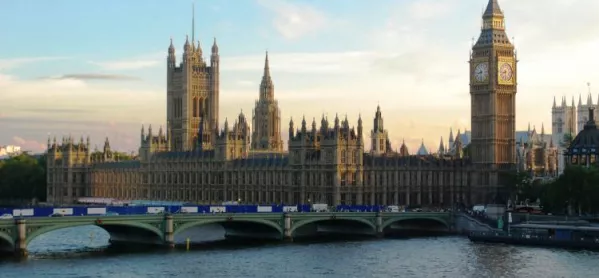For the first time this week, the remainers came up with an argument against Brexit that gave me pause for thought: George Osborne’s threat to cut the schools budget by 2 per cent if we vote leave on 23 June.
I immediately thought of the four free schools that I’ve co-founded and what impact a 2 per cent cut would have on them. Given the real-terms cuts already planned in this Parliament - not to mention the impact of the national funding formula and increased national insurance contributions - it certainly wouldn’t be welcome.
But then I realised that I was succumbing to Project Fear. Would Osborne really have to introduce an emergency budget if the vote doesn’t go his way? According to the IFS, the entire austerity programme in the 2010-15 Parliament saved £36 billion. In the same period, our net contribution to the EU was £42 billion. So if we weren’t in the EU we could have avoided any austerity and still had enough money left over to cut income tax by a penny.
Yes, I’ll concede that that argument rests on a controversial historical counterfactual, namely, that the UK would be economically no worse off if we hadn’t joined the EEC in 1973. But then, Osborne’s threat relies on several dubious assumptions too, not least that he’ll still be at the Treasury if leave triumphs next week. Even if David Cameron does manage to cling on - presumably by making a big, open and extremely comprehensive offer to Boris Johnson - I doubt he’d be able to save his chancellor.
Lots of people have been crying out for facts in this debate, but facts aren’t much help when it comes to risk assessment. It’s about assigning probabilities to different outcomes and when there are as many variables as this that’s impossible to do with any confidence.
I could point to the record number of schoolchildren that arrived in the UK from the EU in 2014 - 25,000 - and argue that Brexit would bring that number down, thereby reducing pressure on class sizes and school places. But would it? Not if the pro-EU members in the House of Commons used their majority to force the post-Brexit government to accept the Norwegian option, preserving the UK’s access to the single market at the expense of accepting free movement.
That would scupper the strongest educational argument for leave, which is that it would make it easier to obtain visas for teachers from countries outside the EU, particularly Canada and New Zealand. If the UK ended up in the European Economic Area, we wouldn’t be able to ease up on migration from the Commonwealth.
I’m not convinced by either the economic argument to remain or the immigration argument to leave, because they both rely on far too much conjecture. For me, the issue turns on democracy.
Given our history and our values, how can we remain in the EU when it means that 59 per cent of our laws are made by unelected officials? That 59 per cent figure isn’t mine, by the way: it’s Jeremy Paxman’s, who cited it as part of a recent BBC documentary.
And whichever way you cut it, the apparatchiks who make up the executive branch of the EU have not been elected.
So much of what we teach children in our schools - not just “British values” - is about the importance of democracy. If we want to remain true to that ideal, I don’t see how we can vote remain on 23 June.
Toby Young is a journalist and author, and chief executive of the West London Free School. Watch a short film in which he sets out the case for voting leave.
@toadmeister
This is an article from the 24 June edition of TES. This week’s TES magazine is available in all good newsagents. To download the digital edition, Android users can click here and iOS users can click here
Want to keep up with the latest education news and opinion? Follow TES on Twitter and like TES on Facebook


